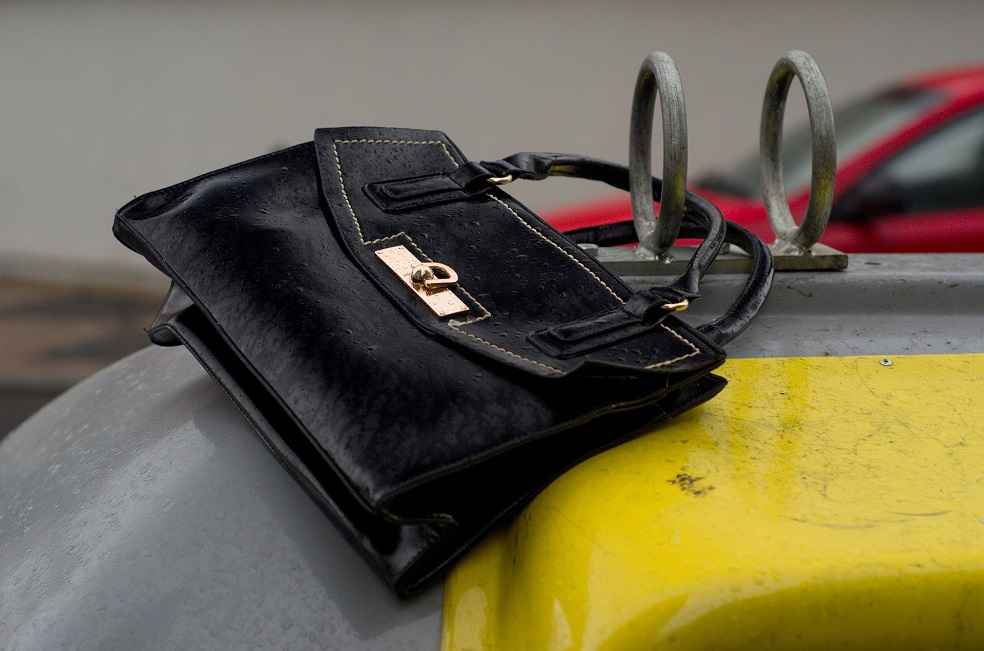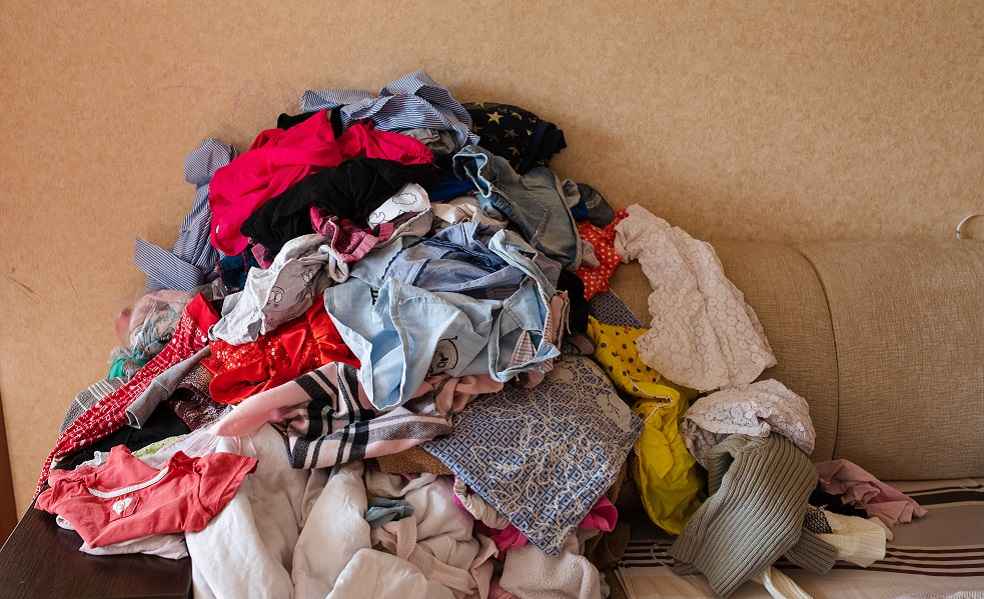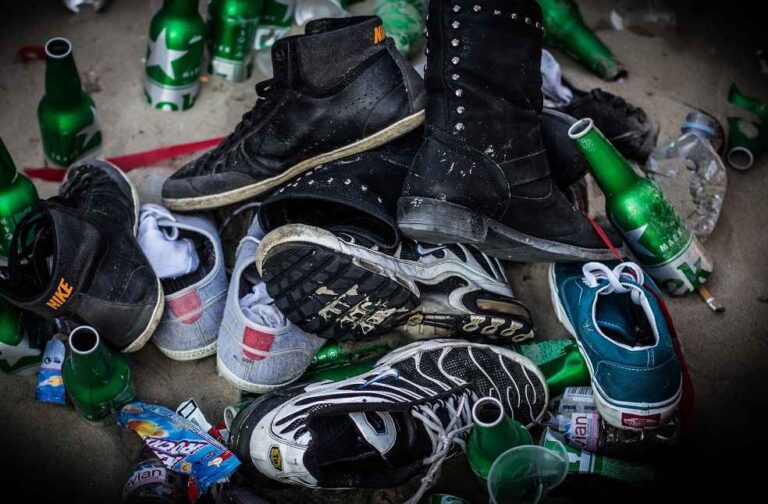The European Union has taken a decisive step towards sustainability in fashion by imposing a ban on the destruction of unsold clothing, targeting the fast-fashion industry’s infamous waste generation.
EU competition ministers gathered in Brussels on Monday (May 22) to endorse a plan that had been proposed by the European Commission in the previous year. The aim is to prohibit the disposal of textiles, footwear, and other unsold consumer items, a move signaling the EU’s commitment to reducing the environmental impact of manufactured products that remain unused.

In the context of a world increasingly shaped by online retail, the European bloc seeks to address the environmental cost of unused clothing and accessories. The EU has identified textiles as the fourth largest contributor to environmental and climate change impacts across its 27 member states, following food, housing, and transportation.
While this new policy implies a more robust sustainability framework for larger companies, it also provides a four-year exemption for medium-sized businesses, with small firms enjoying a general exemption. The newly adopted rules will necessitate products to be “more durable, reliable, reusable, upgradable, reparable, recyclable and easier to maintain,” according to member state representatives.

A range of other consumer goods will come under the purview of these regulations, with exceptions made for food, feed, medicine, and veterinary products. The automobile industry will also be exempt due to pre-existing legislation addressing its environmental impact.
An innovative element of these rules includes the requirement for goods to be sold with a “digital product passport,” likely in the form of a QR code.
However, these regulations will only be activated following negotiations between the member states and the European Parliament, which is expected to officially support the proposals in the upcoming weeks.

The European Environment Agency (EEA) noted a marked increase in the quantity of used textiles exported from the EU over the past two decades, growing from more than 550,000 tonnes in 2000 to almost 1.7 million tonnes in 2019. Yet, the EEA emphasized the ambiguity surrounding the fate of these exported used textiles.
This development marks a significant shift towards sustainable practices within the fashion industry and could potentially inspire similar legislation in other regions, contributing to a global effort to curb fast fashion’s environmental impact.
TRADE WORLD: UAE-India Undersea Gas Pipeline: The $5B Energy Game-Changer



